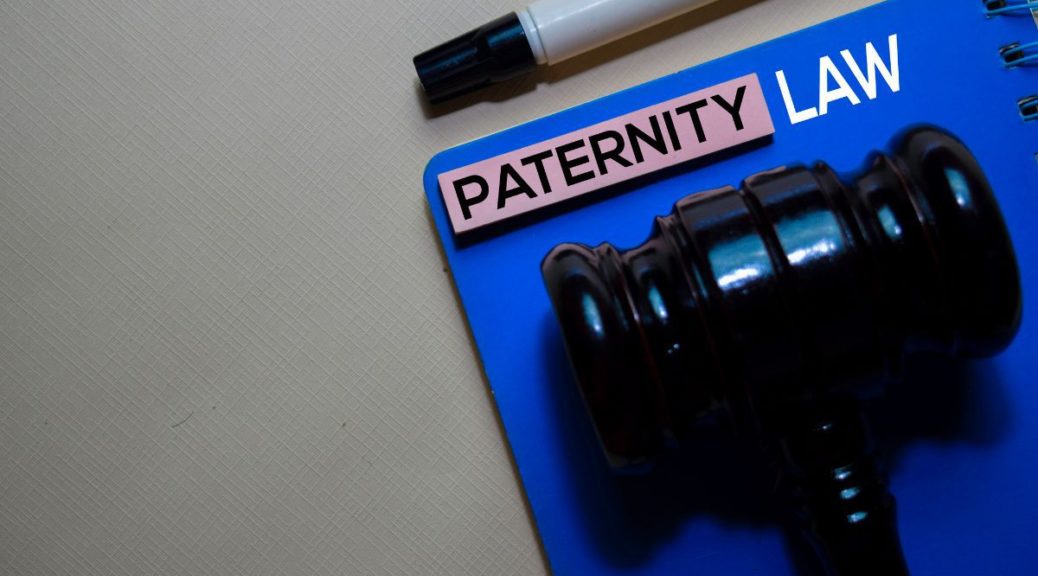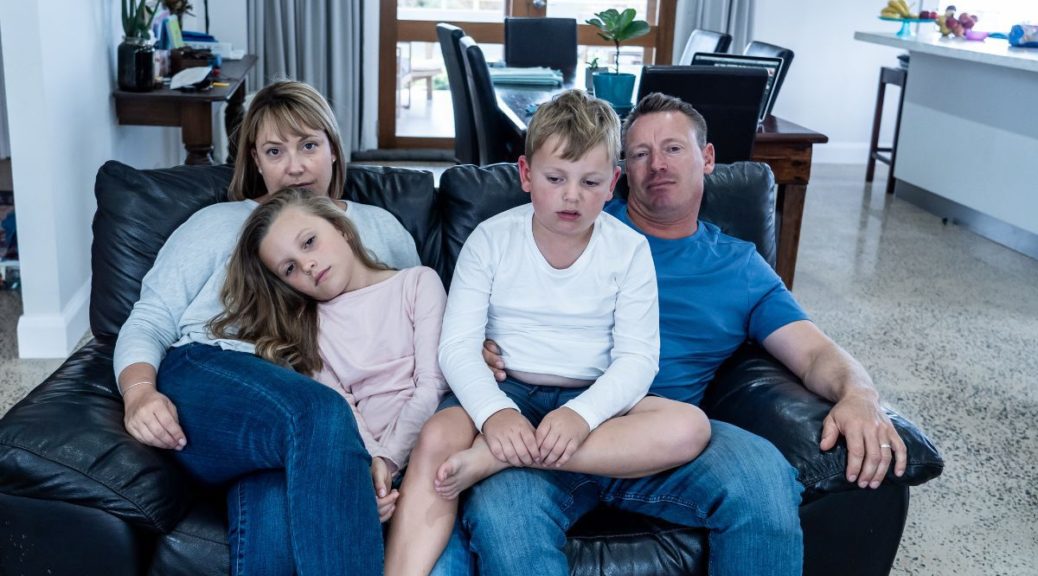From the time a California divorce is filed until it is settled can take time. But the parties sometimes require action from the court that just can’t wait. For example, ex parte hearings address emergency matters that need to be heard as soon as possible.
Ex Parte Hearings in a California Divorce
One or more parties may apply for emergency orders in family law cases.
Courts might hold ex parte hearings for the following reasons:
- Preventing danger or harm to another party or any children involved in the divorce.
- Preventing immediate loss or damage to property.
- Setting a hearing for a time that’s shorter than normal.
- Shortening or extending the service time for notices of hearing and other court papers.
- Rescheduling a hearing or trial.
Your attorney will know when ex parte hearings are needed and how to get them.
Applying for Ex Parte Decisions
Not every situation requires an expedited or emergency hearing. However, your attorney can ask for an ex parte hearing for the following basic reasons:
- Request for an emergency order.
- Ask to reschedule a hearing or trial.
Generally, applications must contain the following information:
- Contact information for any attorneys involved in the case or the contact information for any party that does not have an attorney if known.
- Declarations about facts supporting the request.
- Lists of previous orders or applications made about the same issue.
- A disclosure of any changes to the party’s status quo resulting from the order.
- Specific information about child custody or visitation issues.
The law requires that most parties who request ex parte hearings usually must notify the other parties involved.
The declaration also contains details about how the filing party served the other party. If it was impossible to serve the notice, provide information about all attempts to serve. And finally, the person applying for an ex parte hearing can state any reasons that the notice of hearing should not be served.
We Can Discuss Ex Parte Hearings with You.
As our attorneys work on your case, they will identify any areas that might need emergency orders.
The attorneys at the Law Offices of Judy L. Burger are experienced at all phases of divorce, legal separation, and annulment. Call us at 415-293-8314 to schedule a private appointment or visit our website. We assist clients along California’s Northern to Southern Coast, including San Francisco, Beverly Hills, Marin, San Jose, Gold River, San Diego, Santa Barbara, Ventura/Oxnard, and surrounding communities.











